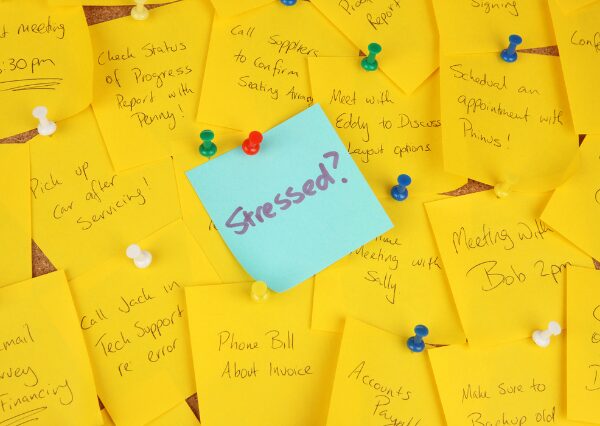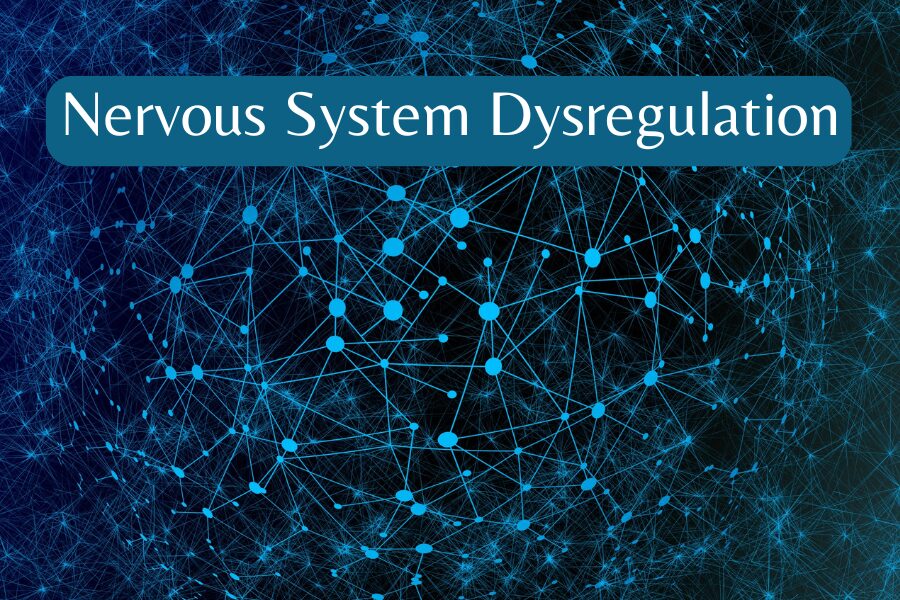Identifying the difference between Stress and Anxiety is key because they are often used interchangeably, but they are two distinct conditions that share some overlapping symptoms.
Why is important to know the Difference between Stress and Anxiety?
Stress is a natural response to demanding or challenging situations, while anxiety is a persistent and excessive worry or fear that can be triggered by both internal and external factors. For more details on this subject, check out the rest of this post.
It’s essential to remember that, understanding the difference between stress and anxiety is crucial for an effective diagnosis and further management. Since, identifying the underlying cause of each condition allows for targeted and effective management strategies.
Can Stress be mistaken for Anxiety?
Yes, since Stress and Anxiety share many symptoms, making it easy to confuse the two.
Stress: Typically, stress is a response to external pressures or demands, often referred to as stressors. These stressors can be related to work, relationships, financial issues, or other life events. Stress is a natural reaction that can be positive (eustress) or negative (distress).
Anxiety: Anxiety, on the other hand, is often a more generalized and prolonged state of worry or apprehension. It might not always be linked to a specific stressor. Anxiety can persist even when the stressor is removed, and it may involve a sense of fear about future events or a feeling of uncontrollable unease.
Stress is often caused by external pressures, while Anxiety often stems from internal worries and fears.
What is the Duration and Intensity of Stress and Anxiety?
Stress: Stress is typically a short-term response. It arises when there is a demand on an individual that exceeds their coping abilities. Once the stressor is addressed or removed, the stress response tends to diminish.
Anxiety: Anxiety can be more long-lasting and chronic. It may persist for an extended period, and the intensity of anxiety symptoms can vary from mild to severe. Anxiety disorders involve excessive and persistent worry that can interfere with daily life.

What is the Focus of Concern of Stress and Anxiety?
Stress: Stress is often focused on a specific issue or situation. It’s a reaction to external pressures or changes, and the symptoms may include tension, irritability, and physical discomfort.
Anxiety: Anxiety tends to be more generalized and may not always be tied to a specific stressor. It often involves excessive worry about various aspects of life, and the symptoms may include restlessness, difficulty concentrating, muscle tension, and insomnia.
Now that you know all the factors that can help you find the difference between Stress and Anxiety, can you
Stress in the work place
In today’s fast-paced business landscape, ineffective communication breeds unnecessary stress for both employees and managers.
Misunderstandings, unclear instructions, and lagging responses create frustration and confusion, hindering productivity and morale. This constant state of inefficiency can easily snowball into a stressful environment.
The key to breaking this cycle lies not only in individual stress-management techniques, but also in fostering effective communication strategies within the organization.
By investing in clear, concise, and timely communication, businesses can build a collaborative environment where employees feel empowered and informed, leading to a significant reduction in stress and a boost in overall well-being.
How to Address Stress and Anxiety to regain control
Recognizing the difference between Stress and Anxiety and addressing both is essential for overall well-being
Stress and anxiety can be distinct, yet interwoven.
Prolonged stress can lead to anxiety, disrupting your physical, emotional and mental well-being.
Now that you’ve gained a deeper understanding of the distinction between stress and anxiety, it’s time to embark on a journey of self-reflection.
First, assess whether you’re primarily experiencing stress, anxiety, or a combination of both.
Once you’ve identified your primary concern, take the next step towards improving your well-being.
If you or your team are experiencing persistent and severe symptoms, reach out, and let’s start talking about the best approach to reclaim your mental, emotional and well-being.
Don’t wait another day to live a life free from Stress or Anxiety.
Schedule your free consultation today and take the first step towards a brighter, calmer future.









0 Comments